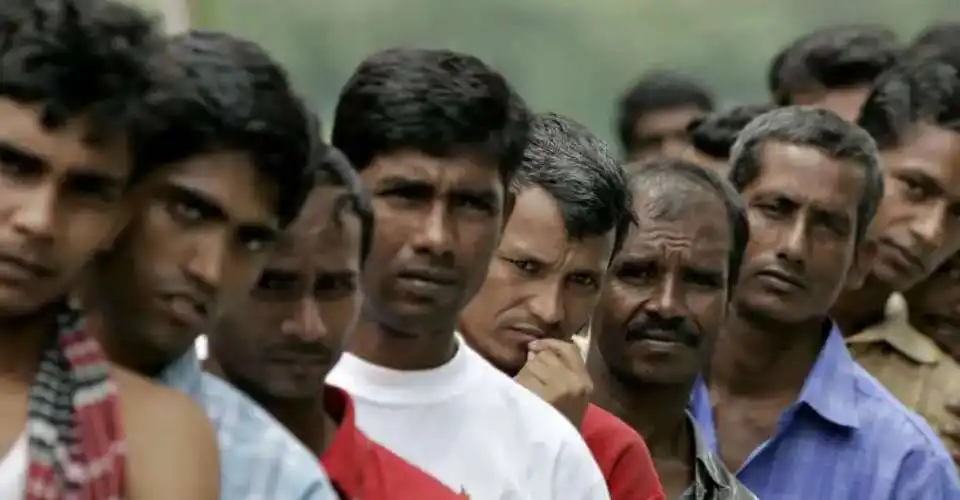Despite hopes for reform, the migration corridor between Bangladesh and Malaysia continues to be riddled with corruption, flawed recruitment practices, and abuse of workers. Malaysia is preparing to reopen its labour market to Bangladeshi workers after a year-long suspension. However, there are still no signs of real change in policies meant to protect migrants from exploitation.
The recurring cycle of opening and closing the labour market highlights a broken system. Malaysia has halted recruitment from Bangladesh several times in the past 20 years due to fraud, human trafficking, and corruption. Yet each reopening has come without accountability or policy reform, exposing thousands of workers to modern-day slavery.
Between 2022 and May 2024, approximately 450,000 Bangladeshi workers were hired through a closed network of 101 agents, selected by Malaysia without prior agreement from Bangladesh. This system led to workers being charged up to $6,000 for jobs that should have cost just $750, as per the official agreement between both countries.
Many workers were recruited for fake jobs, aided by corrupt officials in both nations. Bribes secured government approvals, and workers arrived in Malaysia only to find no employment. Despite repeated evidence of this, Malaysia has not changed the criteria for selecting recruitment agencies, and Bangladesh has not demanded a formal investigation.
Even though both nations’ current leaders—Bangladesh’s interim leader Muhammad Yunus and Malaysia’s Anwar Ibrahim—promised to protect migrants and promote equality, there is little action to back these words. Since 1990, the same mistakes have been repeated. No lessons learned. No compensation paid. Only broken promises and continued suffering.
A report by US-based non-profit Verité found that 96% of Bangladeshi migrant workers in Malaysia are vulnerable to exploitation due to recruitment debt. Without valid jobs or renewed work permits, many fall into undocumented status and live in fear of arrest. Their complaints rarely find justice with Malaysian authorities or even the Bangladeshi High Commission.
Instead of fixing the system, Malaysia asked Bangladesh to withdraw allegations of abuse—an attempt to protect its international reputation. But leaked records show former Bangladeshi officials allowed syndicates to overcharge workers, stealing millions while pretending to follow the rules.
Bangladesh continues to send workers to Malaysia mainly because of the foreign remittances they bring home. Meanwhile, Malaysia remains silent on its own role in allowing abuse. It needs cheap labour and refuses to acknowledge the crimes committed in its name.
Recent meetings between both governments show little sign of improvement. Malaysia wants to keep the syndicate system in place, saying it can’t handle too many agents. This statement alone crushes any hope of reform. Bangladesh’s claims of preventing irregularities now seem hollow.
Today, there are about 900,000 Bangladeshi workers in Malaysia—making them the largest group of foreign labourers after Indonesians and Nepalese. Many are now undocumented, despite arriving legally, because they were recruited into fake jobs. These migrants are not criminals. They are victims of two governments that failed them.
Until real reforms are made, Bangladesh should pause sending any new workers to Malaysia. Both countries must take responsibility and act now. The laws and policies in place must focus on protecting migrants, ensuring safe recruitment, and ending the criminalization of poor workers who sought nothing more than a better life.

